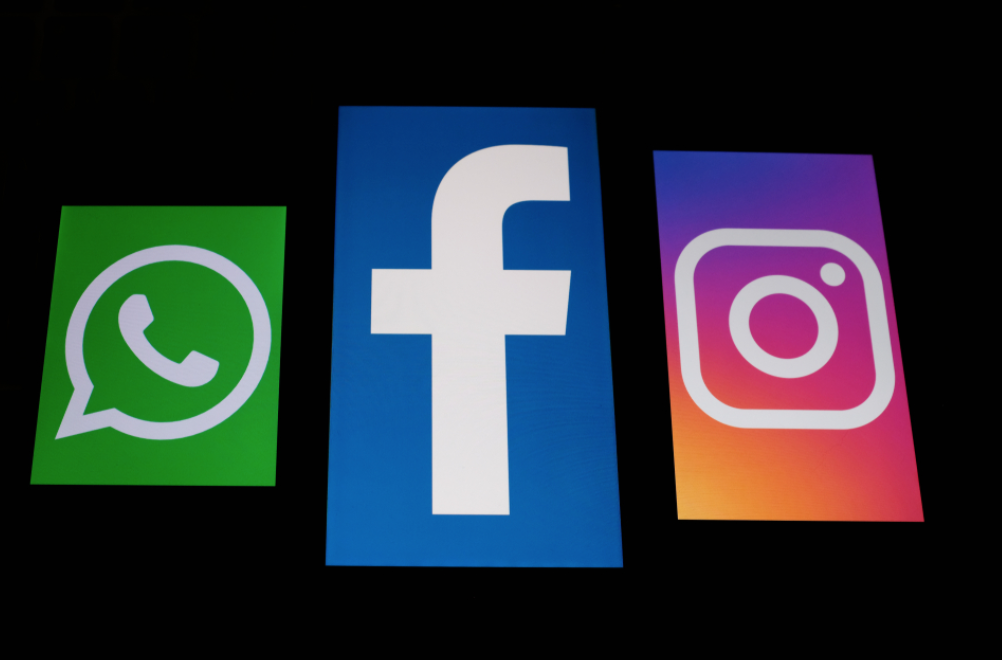While the social media blackout of July 3rd, 2019 (which makes it somehow sound almost as historic as the literal blackout of July 13-14, 1977 in New York) was not the first to send primarily Instagram into a frenzy (for old people of Facebook don’t get that upset about not being able to parade their business), it was arguably the most significant thus far in terms of corporate conspiracy theories. Not to mention appearing to be a persistent test on the part of social media corporations (and the governments that benefit from them, particularly during elections, as it were) to ascertain just how extreme the lengths of addiction can go. As though those in control, in something out of Philip K. Dick plotline, want to test just how addled on the crack pipe they’ve gotten their subjects. How much mass communication is not our “tool,” as it has been positioned, but how much we are the tools of it–being wielded into a state of contented, drooling oblivion until our narcissistic apps are pulled from us on the whim of some proverbial man in the sky (one is guessing Mark Zuckerberg lives very high up).
Facebook’s recent acquiring of Instagram (for an unholy social media alliance that surely smacks of something Orwellian) seemingly contributed to the issue, as the world’s most famous cyborg, Mark Zuckerberg, had mentioned intentions to rewrite the code for the platforms in order to make them “interoperable” (Star Trek lingo, indeed). Based on the fiendish complaints regarding the non-operability of Facebook, Instagram and Whatsapp, it would seem Zuckerberg has lost his touch on the so-called “genius” front (this is what happens when people get rich enough not to have to think anymore–not that Donald Trump ever did in the first place). Hence, the supposed excuse of all three apps going haywire at once, resulting in the usual mass hysteria over not being able to fulfill one’s fake job requirements (one user’s comment included not being able to “do” anything at work in their role as a social media manager), as well as not being able to post a grotesque picture or video of one’s hipster-bred child.
And while it might have been sheer “coincidence,” it feels oddly tailored that the areas primarily affected by these outages were the last bastions of that tenuous system called capitalism and “Western culture” as a construct: the U.S. and Europe (of course, if people in Africa, Asia, South America or Australia were complaining, would anyone really give a shit long enough to report on it?). These arbitrary “bugs” and “outages,” however, don’t feel random, so much as a reminder from the quintessential Big Brother that watches and monitors us all that we are, in fact, quite happy to be complacent slaves to mass communication.
In Big Bro’s obvious success in being able to continue to gather data on just how dependent we’ve become on all of these platforms we were once blissfully unaware of before they so pervasively infected our lives, he sees that he has triumphed in his subjugation of the masses, gently lulling them into their voluntary coma with ease. As our rote propensities for scrolling, scrolling, scrolling for no reason have been likened to opening and closing a refrigerator over and over again in the hope of seeing something worth a damn, it doesn’t make sense that we’ve all become so prone to withdrawals when social media is “erratically” ripped from us for the secret purposes of addiction testing. And yet, every time an outage occurs, it becomes more apparent that logic isn’t something that applies to what people will always cave to: numbing comfort. So psychologically predictable we are even as we persist in surrendering what’s left of our brains.






















